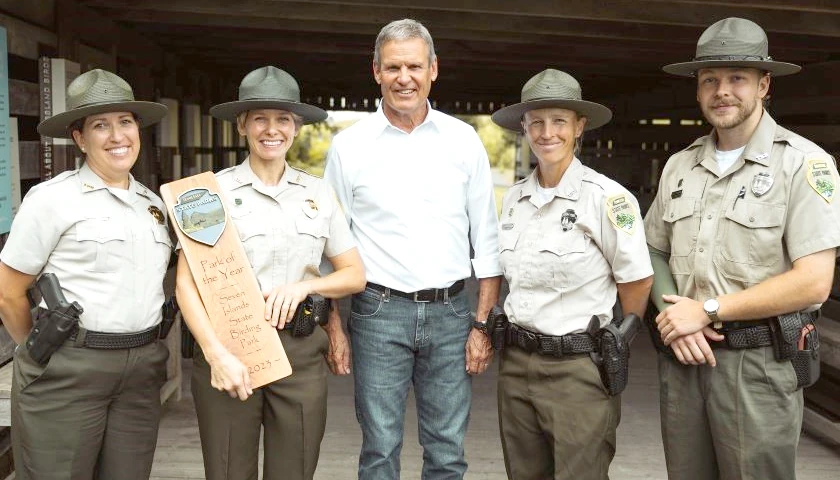A bill that would legalize online sports betting, subject to regulations limiting access and directing the expected $50 million in new annual tax revenue to education and mental health initiatives, is headed for a House floor vote on Wednesday. The U.S. Supreme Court opened the door for states like Tennessee to legalize sports betting last year. Tennessee Attorney General Herb Slatery kicked it wider when he issued an opinion that sports betting could be legalized by legislative action rather than requiring a Constitutional amendment.
Supporters of the legislation point out that HB0001 would stem the flow of dollars already being bet in online sights of dubious origin and traveling to casinos just south of Memphis where on-site sports betting has already been legalized by the State of Mississippi. They also point to the easy access to sports betting sites online right now, but which don’t put any revenue into Tennessee-based companies or the state’s tax coffers. In fact, advertising of online sports betting sites is a booming business despite there being relatively few legal avenues to place bets in the U.S. The sports networks clearly see more states coming online with legal betting, and they are right — with Montana poised to become the latest state to legalize sports betting.
Opponents have claimed that the legalizing of online sports betting in Tennessee will have a negative impact on our communities and harm children. Yet, it is already happening in Tennessee, and has been for decades. Nationally, about $58 billion is bet on college and NFL football games — of which only $2 billion is gambled legally. Legalizing the limited online sports betting process in Tennessee will impose regulatory restrictions and rigorous consumer protections that will protect Tennesseans who are already placing bets online and with unlicensed and unregulated “bookies.”
Many law enforcement officials across the country have noted that it will reduce the illegal gambling and expose the criminal element who have been operating in the shadows, making it easier for them to police it. Sheriff Michael Bouchard, sheriff from Oakland County, Michigan and vice president of government affairs for the Executive Committee of the Major County Sheriffs’ Association says: “We must bring illegal sports betting out of the criminal shadows. I think we need to regulate it. States should be allowed to opt in or out, but nationally it should be legal.”
The University of Tennessee and other colleges in the state initially expressed concerns about the legislation. However, once the bill was amended at their request to ban college “prop bets” — which are essentially side bets based on individual player production or actions rather than a team result — they backed off of their opposition. The NBA and Memphis Grizzlies have expressed support for the bill as has Major League Baseball.
Tennessee Star Political Editor Steve Gill says that he believes the bill has a reasonable chance of passage. “In recent years we have seen the legislature pass and then expand the state lottery; and they not only embraced wine in grocery stores but also quickly expanded it to include Sunday wine and liquor sales. Tennessee is surrounded by states that have already, or soon will, legalized online sports betting, or that have casinos or horse racing.”
“Tennesseans are already gambling, they are just doing it in the shadows or just across state lines. I suspect the $50 million a year in tax revenue that can be captured here rather than lost out of state will sway some votes in favor of the bill.” Sports betting at Tunica casinos depends heavily on folks in Memphis making the drive south, and most of those millions of dollars would be bet in Tennessee if this bill passes, Gill says.
“Perhaps, most importantly,” Gill adds, “polls nationally and in the state show strong support for sports betting when restrictions are imposed to prevent people from getting in over their heads and to prevent corruption in the process. It is certainly not a ‘kiss of death’ vote like opposing pro-Life legislation appears to be, and it may even be a vote that has strong appeal to younger male voters.”





